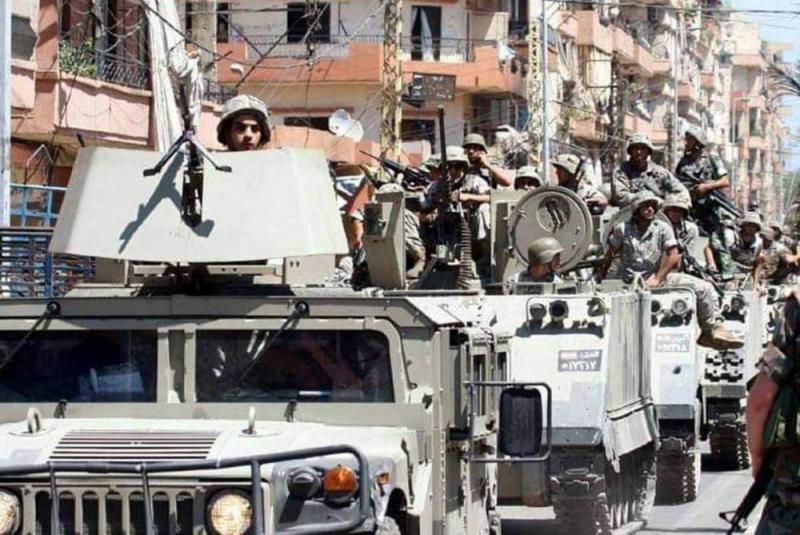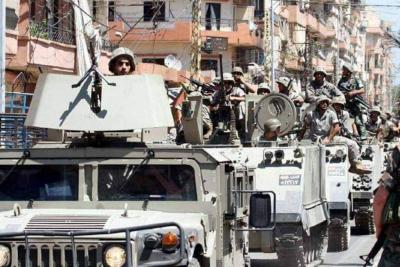Finally, the voices of citizens objecting to the rampant chaos and theft in Tripoli have reached the security forces; their units carried out a security day yesterday in the neighborhoods and streets of the city to impose order and ease the people's concerns. They set up mobile checkpoints to enforce prohibitions on weapons and to arrest wanted individuals, as well as to remove violations from the roads and public properties, in order to facilitate traffic flow.
This is not the first time the security forces have implemented what can be described as a "mini" security plan in the city of Tripoli, but today it comes after the citizens of the city have become fed up with the prevailing chaos. A security source from Tripoli told "Nidaa al-Watan" that the initial results of the security campaign led to the arrest of dozens of individuals with various warrants, the confiscation of weapons and ammunition, and the removal of several traffic violations.
It is expected that the campaign will continue in the coming days, but no specific timeline has been set "to surprise any troublemaker and to achieve the goals set by the leadership for the plan that responds to citizens' demands to see security realized in their neighborhoods."
Several law-breaking vehicles preferred to flee from the security forces to avoid the same fate as other cars that were stopped. Meanwhile, public taxi drivers blocked the road in Abdel Hamid Karami Square in protest against the security forces' request to remove their vehicles from the roadside where they were obstructing traffic, before the security forces allowed them to park again.
The campaign received positive feedback from Tripoli residents through social media, and they expressed hopes that the Minister of Interior and Municipalities and the Central Security Council would continue this operation for several days in Tripoli, "and that strict action will be taken against any troublemaker to restore calm to the city." Conversely, others viewed it as a performative security plan destined to fail, as it was, on one hand, a temporary measure lasting only a few hours, ending after the photo opportunities, with no further effects, especially since there is no firmness in dealing with troublemakers or in tracking down gunmen and drug dealers in Tripoli and its suburbs.
The position of those holding this hypothesis was reinforced by an incident that occurred simultaneously with the implementation of the plan. A dispute over priority of passage in the Al-Zahriyeh area led to young man Abdullah Issa being shot in the head, while the shooter fled to an unknown location. The Al-Zahriyeh incident added to a number of other disputes that violated the long security day and affected its atmosphere.
What is happening in Tripoli and its suburbs is an unprecedented security breakdown that foreshadows worse if not addressed. It is noteworthy that Turkish-made pistols have become widespread among the youth in Tripoli, which are inexpensive, costing no more than $300, and are used in many altercations within the city. Residents are calling on the security forces to trace the distributors of these weapons, which have now become accessible to many young people in the city.




